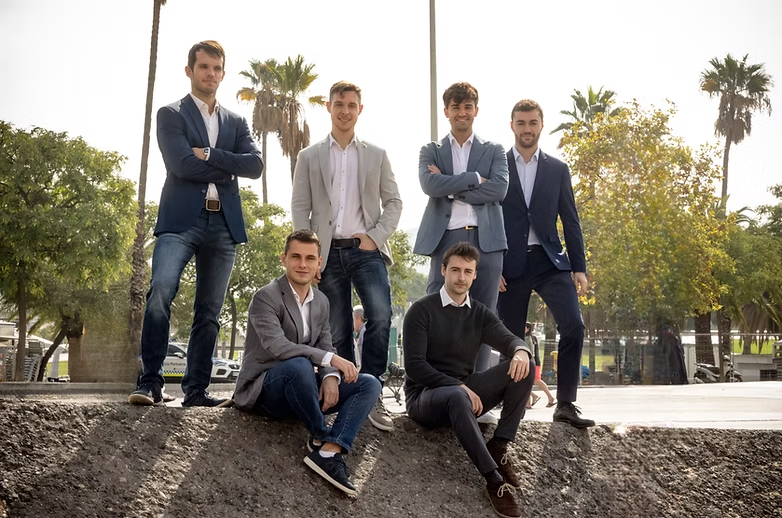
Vigo-based Kreios Space has secured €8M in seed funding, marking Europe’s largest investment yet in very low Earth orbit (VLEO) satellite technology.
The round was led by the NATO Innovation Fund and JOIN Capital, with backing from Grow Venture Partners, Xesgalicia, and Tasivia Global.
Opening up a new orbit
Founded in 2021, Kreios Space is developing Air-Breathing Electric Propulsion (ABEP) — a system that converts atmospheric air into plasma fuel. Unlike conventional satellites that burn through onboard propellant, ABEP-powered satellites can operate in 150–400 km altitudes for longer durations, where drag normally forces rapid orbital decay.
This orbit unlocks major advantages:
- 3x higher imaging resolution than traditional low Earth orbit
- Direct-to-device broadband connectivity without bulky ground antennas
- Critical applications in defence, climate monitoring, and disaster response
“We are not just building satellites — we are opening up an orbit once considered impossible,” said Adrián Senar, CEO and co-founder of Kreios Space. “With this funding, we’ll prove our propulsion technology in orbit and position both Spain and Europe at the forefront of VLEO.”
Strategic importance for Europe
Europe currently relies heavily on non-European satellite infrastructure. VLEO constellations powered by ABEP could provide sovereign broadband networks, precision Earth observation, and faster emergency response tools.
David Ordoñez, Senior Associate at NATO Innovation Fund, said:
“Kreios’ technology represents a decisive leap toward unlocking the next frontier of very low Earth orbit. High-resolution imaging and direct-to-device broadband are vital for European security.”
Tobias Schirmer, Founding Partner at JOIN Capital, added:
“VLEO has long been a research focus — Kreios is now making it ready for real-world deployment. Its strategic significance for Europe is immense.”
Scaling from lab to orbit
Kreios Space has grown to a 17-member team with talent from Thales, JAXA, and ESA. Building on a €2.3M round in 2024, the company is preparing its first two in-orbit demo satellites and plans commercial launches for Earth observation and broadband services thereafter.
The company has also secured support from Spain’s CDTI and the Spanish Space Agency (AEE) under the National Space Technology Programme, reflecting the country’s commitment to building its orbital economy.


